Perhaps everyone is already familiar with the existence of hammer drills. However, this does not mean that everyone already knows about the uses of a hammer drill. So, you may ask – what is a hammer drill used for? When do we need this tool? Well, this tool is unique so you really need to know its functionality.
In this article, you will have a more comprehensive understanding of hammer drills and you can then discern whether you will need this tool for your task.
Uses of a Hammer Drill
Hammer drills are basically used when drilling a hole in complex material. Concrete, ceramics, stones, masonry, and bricks are just some of the difficult materials when drilling holes. Hammer drills can penetrate these materials, which means you can finally insert screws, bolts, plugs, and more to devise particular results.
Hammer drills are also maximized on metal provided that you have the suitable bits.
The following are the common uses for a hammer drill:
1. Drilling into a Concrete
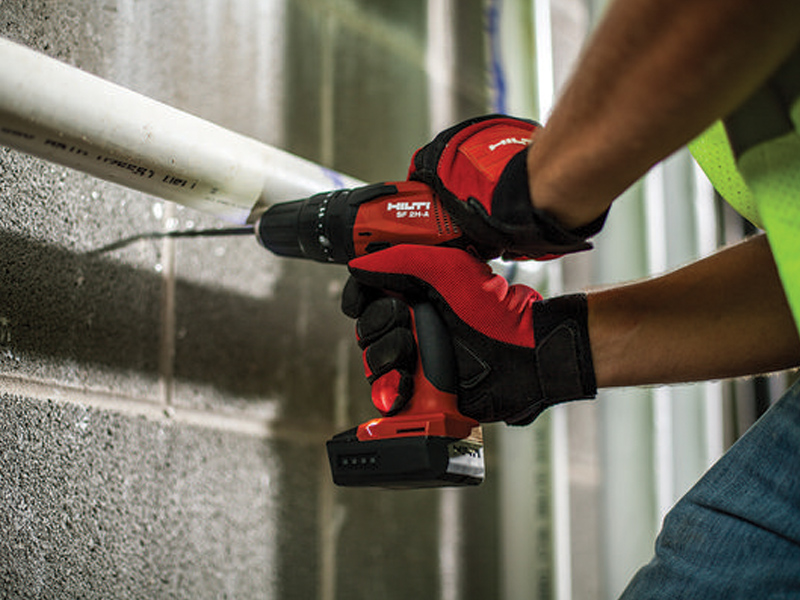
A sturdy hammer drill is used to drill on concrete. Particularly, this tool drills concrete floors and footings to suit metal anchors and mount wall frames. Technically, you can employ a working cordless drill along with a masonry bit when drilling concrete. However, regular drills have insufficient torque to penetrate the concrete. This can develop constant impairments to the edges of your bits which could lead to the overheating of your motor.
2. Drilling into a Brick
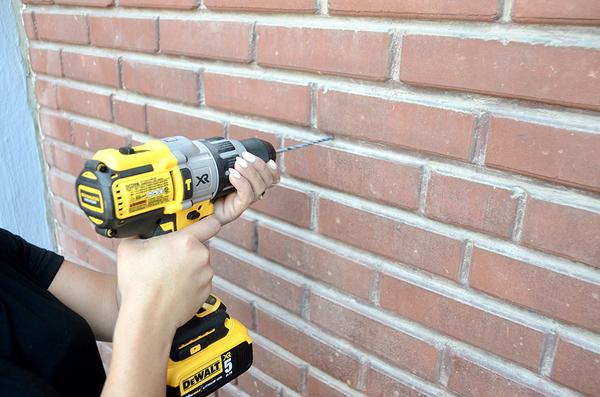
With a hammer drill, drilling a hole into brick isn’t that complicated. Given the appropriate tool and bit, along with the right technique, boring a hole into brick can only take several minutes.
Your responsibility is to identify whether you will be drilling into the brick or the mortar. The brick is quite weightier, however, prior masonry work can collapse if you make a hole to achieve deep support. Expansions may prompt cracking as it develops enough stress.
Before the installation of your anchor or screws, do not forget to stamp out the generated hole to get rid of any settled dust.
3. Drilling into a Metal
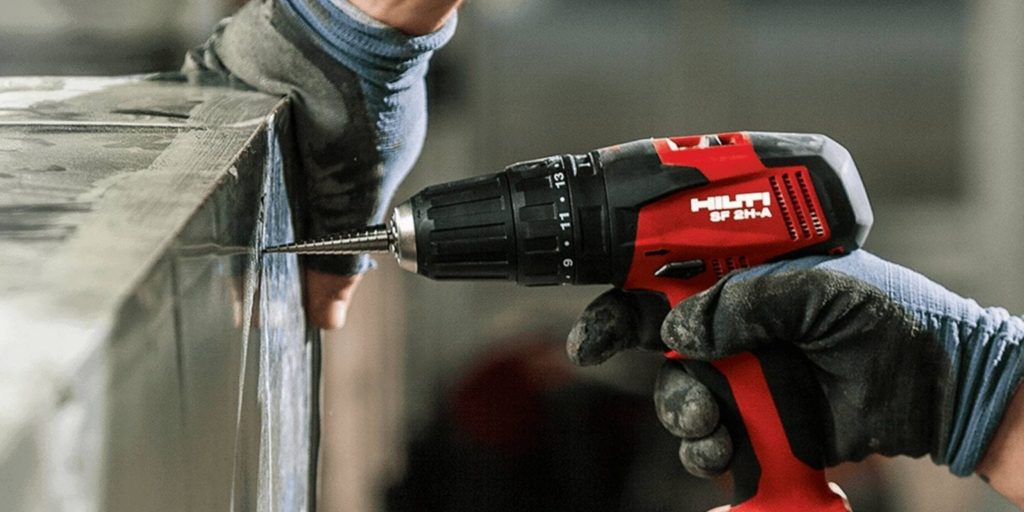
You can also use the hammer drill when drilling into metal. However, when boring holes into metal, you do not have to utilize the hammering drill. Drilling with the hammering action can only make the drill bits slide through the surface of the metal. Simply change the mode to “drill only” and get the appropriate drill bit. You can use the HSS bits.
Before you begin drilling, it is advised that you hit the center where you intend to work. You should also lubricate your bits when working on metal. Some metals are harder to drill. Nonetheless, there is no need to lubricate bits on aluminum, brass, or cast iron.
4. Drilling into a Stone
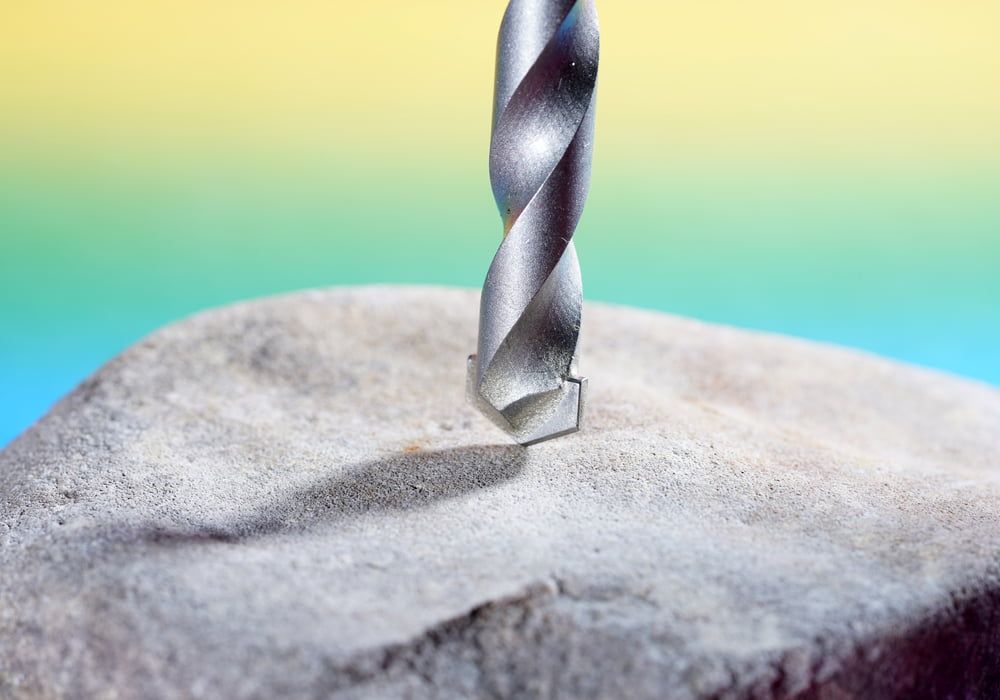
Hammer drills are also used to bore holes on stones and rock. However, you shouldn’t use the tool to bore marble and granite countertop. The shocking blows can lead to the formation of cracks on the countertop. For this case, you will need a regular drill along with a diamond core bit to create holes in the ceramic tiles, granite countertop, and more.
5. Drilling into a Ceramic Tile
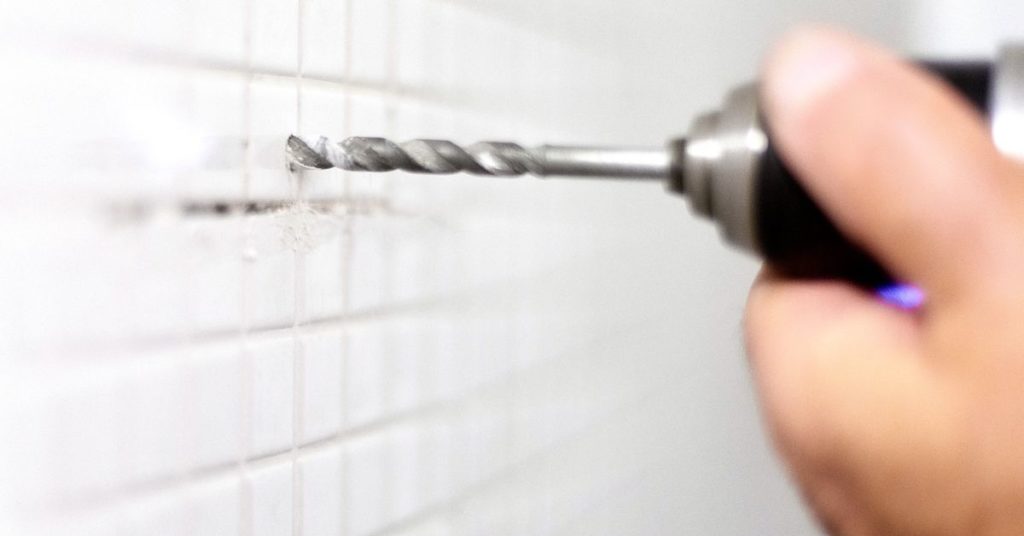
It will be more manageable if you break the ceramic tile if running the hammer drill. Furthermore, the hammer-drilling mode shouldn’t be used when drilling into tiles. Instead, set it to drill mode or you choose to use a cordless drill. Regardless if you are working on a porcelain tile, you should disable the hammer mode.
6. Plumbing

Hammers drills are used by most electricians, handymen, and plumbers to bore holes on walls to suit wiring and piping. Their job normally includes boring pilot holes in cinder blocks or bricks for the concrete lag screws so they can place the fittings.
Moreover, electricians particularly consider this tool their friend as it can help them drill into concrete blocks and wood. They use the same hammer drill and only change the mode.
Conclusion
What is a hammer drill used for? You now know the different uses of this tool. Considering its functionality, it is fair to say that not all people will need a hammer drill. Hammer drills are specialized for boring holes in difficult materials. They are not meant for drilling in your screws. There is no need for you to grab a hammer drill if you are not making holes in brick or cement.
It is good that you familiarize the common uses of hammer drills so you would know whether you should invest in it or not. Although the tool may not be useful in every task, you will appreciate having it in your area whenever there will be instances that you will find it necessary to use it.
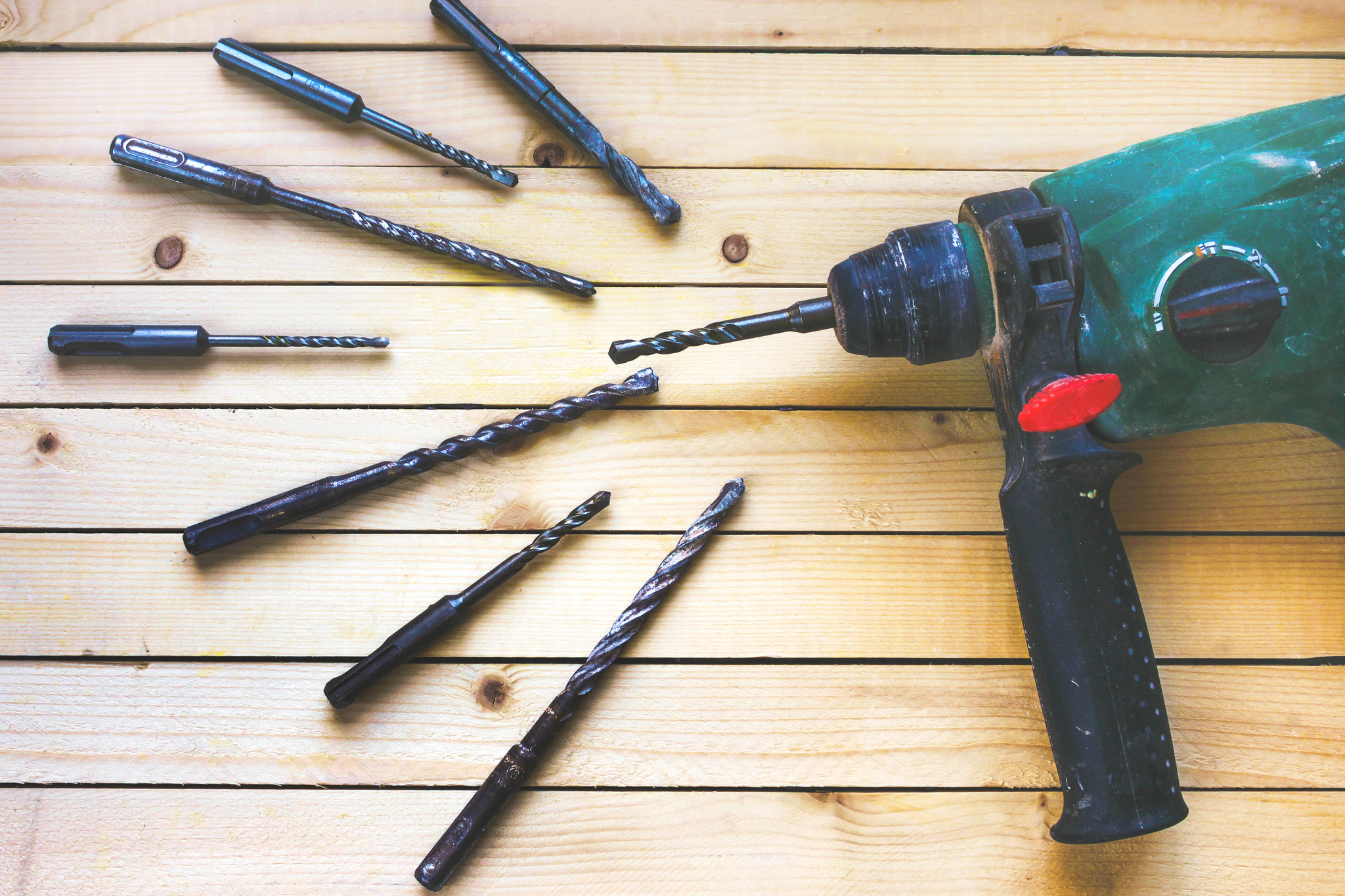
Leave a Reply